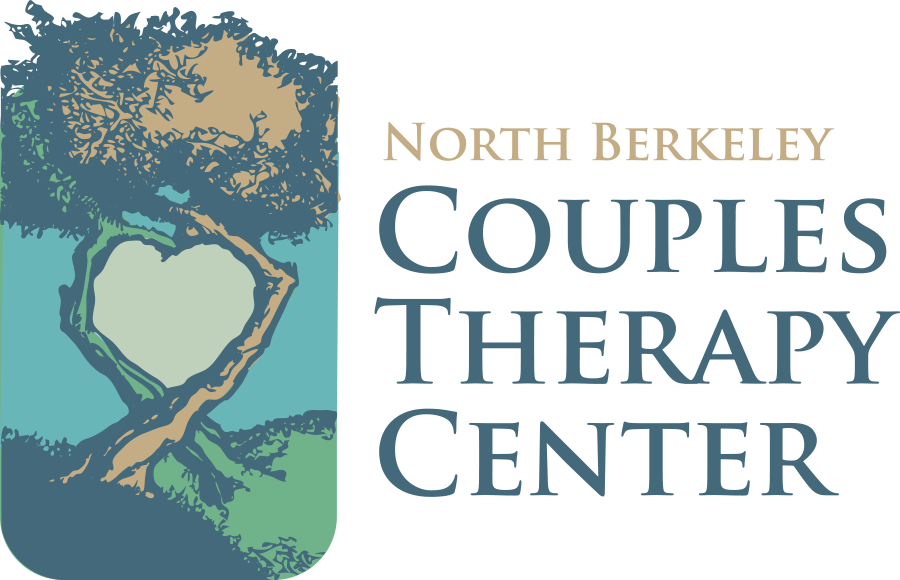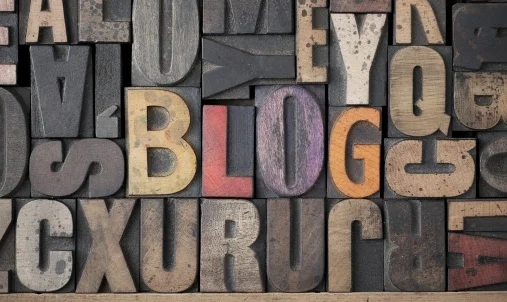To Open or Not To Open?
That is the question friends.
Last week at a party, my friend introduced his other partner. Yes, he’s identifies as gay and open. This was the first time I was meeting his second of two partners (Clint and Ruben, the names have been changed to protect the innocent).
Another friend perked up after the second partner left, “So how does this all work exactly?”
“Well”, our open friend smiled and sighed, “I’m dating both of them at the same time. It lets me take my time, compare notes and never get bored!” he laughed.
“So you’re poly now?” Short for polyamorous, my friend asked.
“Noooo… I’m open… I mean – I guess technically I could qualify as poly right now, but I prefer an open relationship long term.”
My curious friend then shot off a bunch of additional questions because he was completely fascinated and confused. Rightfully so, in San Francisco folks throw around these terms assuming we all understand. But many don’t and, without educating themselves, they’re throwing themselves and their partner into open relationships and getting into deep trouble.
I know, I’ve gotten countless calls from men inquiring about therapy to help their open relationships feel good again. I usually ask them,
“When did you both consent to be open?”
“Uhmmm…” Is a typical response.
“What agreements have you made together about how your open relationship works?”
“Agreements?” Strike two.
“How’s your communication and ability to repair after conflicts?”
“Not so good at the moment. We get pretty heated and stuck.” Yikes!
This guy and his partner are not ready to be in an open relationship. They might not even know what an open relationship is, yet, they’re in one! I tell my clients that an open relationship is a romantic relationship and agreement between two people, where it’s permitted to have intimate, romantic or sexual relations with others.
What does that look like? It’s different for everyone. For most, this looks like having one primary partner, while casually dating or engaging sexually with others. While many are intrigued by the idea of having their cake and eating it too, most do not have the slightest idea what goes into a successful open relationship. Believe it or not, the elements that make up a fantastic open relationship are the same for a monogamous relationship.
There are, what I call, the Fab Five. These are the main ingredients to making a delicious partnership with relations on the side. They are Agreements, Boundaries, Communication, Negotiation and Security. Even though these are necessary for any satisfying relationships, all partners in an open relationship must put forth energy and time into all of these.
Agreements
are quintessential for open relationships because they set the parameters for everyone involved. Here’s a classic example: You and your honey go to party. Someone else you’ve been dating or sleeping with shows up. Who do you go home with? It’s not gonna go well if you make a spontaneous choice at the end of the night. Agreements that are set ahead of time help make these types of situations easier, emotionally safer and clear for everyone involved.
Boundaries
are rules, limits or beliefs about how someone wants to interact or have others to interact with them. We need these to feel protected with others and they can build a standard of consent between you and your partner. Think about a time when someone did something that left you feeling very uncomfortable. There may have been a boundary crossing. Being able to share your boundaries or when they are crossed helps others to relate to you in more comfortable ways.
Communication
that is clear, kind and responsible is key to healthy relationships. Expressing boundaries and making agreements are important, as mentioned above, and even more vital is letting your partner know your desires and needs. Withholding what’s in your heart or mind usually leads to disconnection or explosions down the line. Having space to talk openly and vulnerably can lead to the next important element, which entails a communicating and working through each other’s differences.
Negotiation
occurs when you’re ready to mutually discuss and compromise with a partner. It’s an important skill in any mature relationship. How open are you to trying something you’re not comfortable with? How willing are you to understand your partner’s perspective and deal with all the triggers that come up? It takes hard work and patience, but the payoff is enjoying a relationship that’s satisfying for multiple parties. If you’re game, you’ll learn to develop the agreements and boundaries that are necessary to get both of you on the same page, thriving and leading you to the final ingredient:
Security
in a relationship supports you in going the distance. You must feel secure with yourself and with your relationship if it’s to work, especially in open relationships, where you’re putting each other in more risky scenarios. Security involves a sense of safety and trust. It helps you have faith and take risks. With security, you can be more honest than you would normally. Security allows each partner to explore themselves and relationships with or without their primary partner. Security is so vital, it may require hard choices. For example, if you open your relationship and are enjoying it, but your partner is becoming insecure and scared…would you be willing to close it if that’s what’s needed to for them to regain wellbeing and confidence?
On the flip side, just because you know what generates a fabulous open relationship doesn’t mean you’ll want one. Open relationships can be very challenging. They can trigger our most basic attachment needs. Attachment needs are universal and are expressed towards our caregivers when we are babies. Some attachment needs are love, closeness, affection, care, reliability, engagement, and accessibility. Sound familiar? When we don’t receive these growing up, we become wounded. As adults, we look for them in our relationships. When their met, we feel amazing, and when not, we are emotionally tortured.
We’ve grown up with messages and values from family, friends and society about what is “okay” and “not okay” relationally. It’s natural that many of us soaked those in. Now as an adult, you’ll need to ask yourself: What type of relationship do I want? You may just be learning about different types or be well versed in open, poly and other paradigms. The point is, it’s a choice. To decide, you must ask yourself:
What are my values or goals for a relationship?
Could I emotionally handle the person I’m in love with seeing other people on the side?
How willing am I to work at the Fab Five with a partner?
Open relationships are not for everybody, especially those who do not have the elements listed above. The most vital are security and trust. If you do not have this foundation, forget about opening or enjoying your relationship. So whether you’ve decided to have a monogamous or closed relationship, go slow! This way both partners can become aware of their emotions and needs, while working through conflicts and developing a firm foundation.















